Filter by
The language used throughout the course, in both instruction and assessments.
Explore the Mathematics for Machine Learning Course Catalog
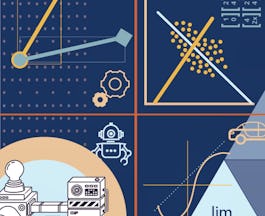
Imperial College London
Skills you'll gain: Algebra, Linear Algebra, Mathematics, Machine Learning, Mathematical Theory & Analysis, Computer Programming, Python Programming, Machine Learning Algorithms, Calculus, Computational Logic, Algorithms, Differential Equations, Applied Mathematics, Problem Solving, Statistical Analysis, Dimensionality Reduction, Computer Programming Tools, Regression
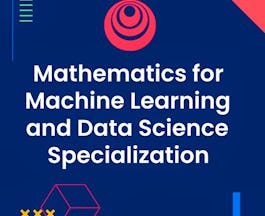
DeepLearning.AI
Skills you'll gain: Machine Learning, Calculus, Differential Equations, Mathematics, Machine Learning Algorithms, Regression, Algebra, Algorithms, Artificial Neural Networks, General Statistics, Linear Algebra, Probability & Statistics, Statistical Analysis
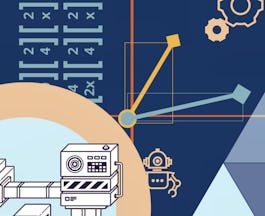
Imperial College London
Skills you'll gain: Algebra, Linear Algebra, Mathematics, Python Programming, Computer Programming, Machine Learning Algorithms, Problem Solving, Algorithms, Computer Programming Tools, Machine Learning
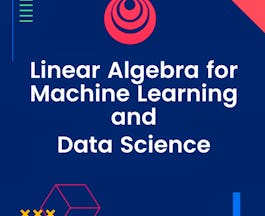
DeepLearning.AI
Skills you'll gain: Algebra, Linear Algebra, Machine Learning
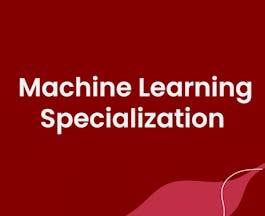
Multiple educators
Skills you'll gain: Machine Learning, Machine Learning Algorithms, Applied Machine Learning, Algorithms, Deep Learning, Machine Learning Software, Artificial Neural Networks, Human Learning, Statistical Machine Learning, Python Programming, Regression, Mathematics, Tensorflow, Critical Thinking, Network Model, Reinforcement Learning
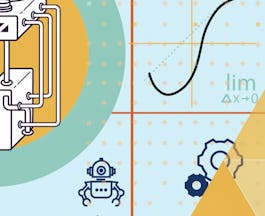
Imperial College London
Skills you'll gain: Algebra, Calculus, Linear Algebra, Mathematics, Differential Equations, Machine Learning, Machine Learning Algorithms, Mathematical Theory & Analysis, Computational Logic, Regression
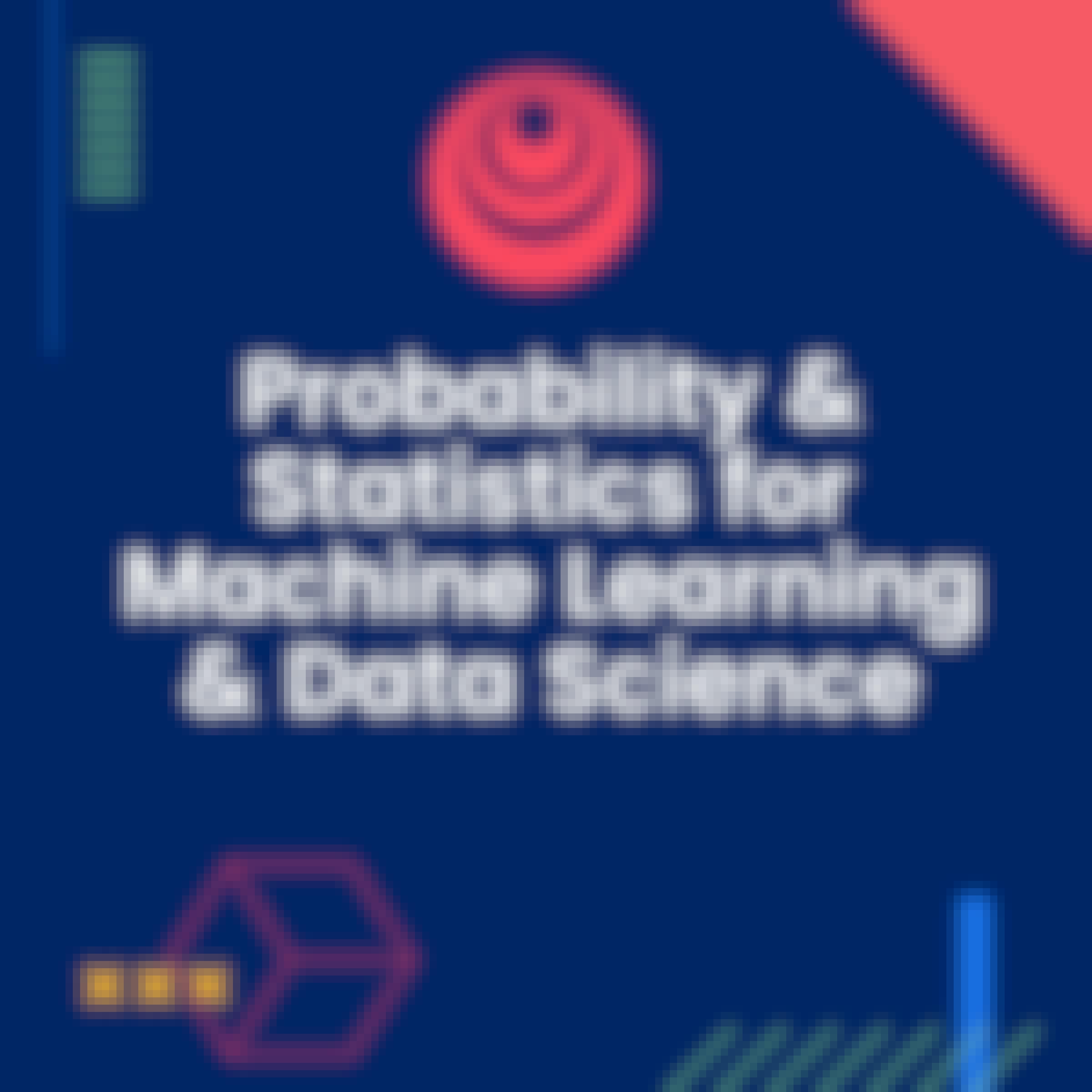
DeepLearning.AI
Skills you'll gain: General Statistics, Probability & Statistics, Statistical Analysis
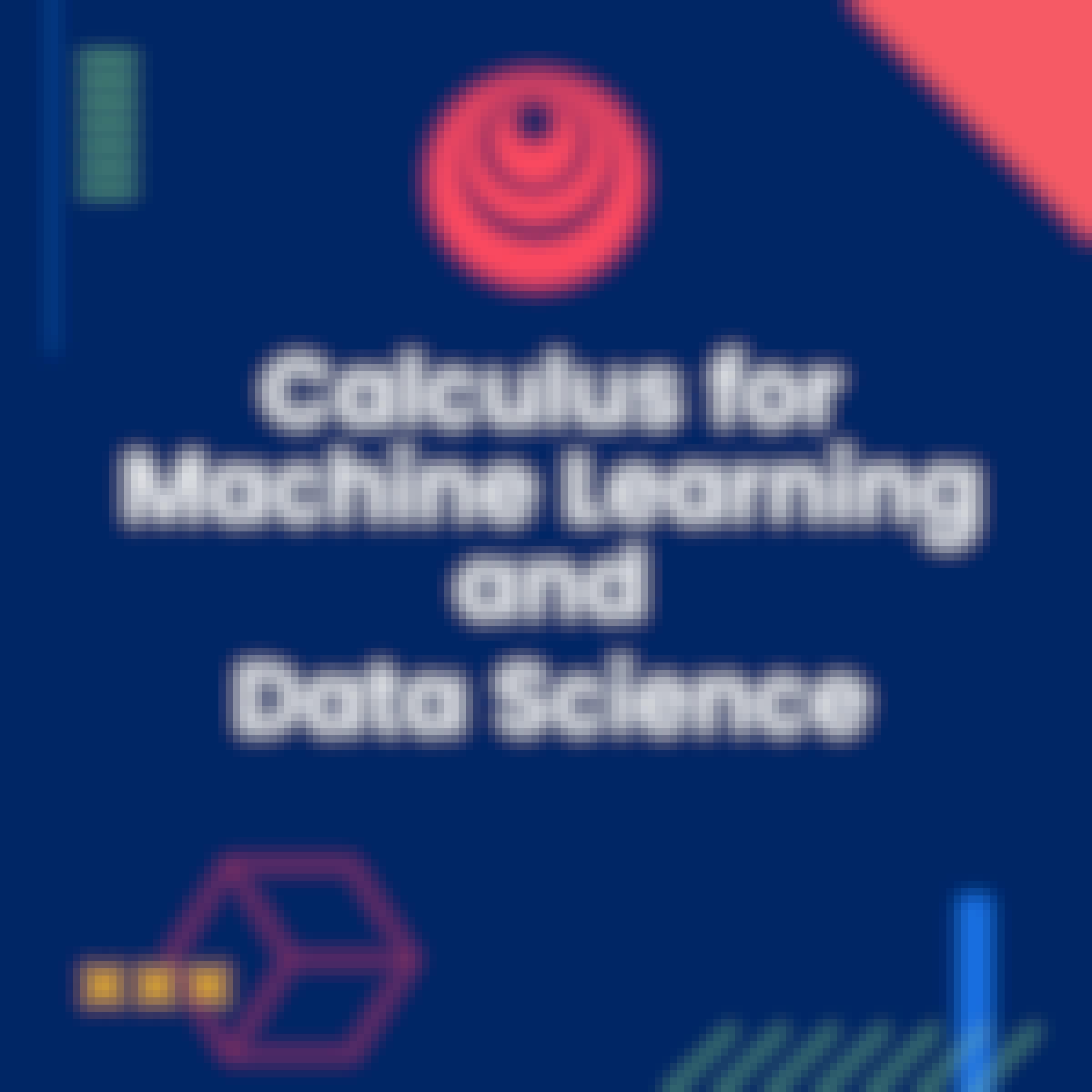
DeepLearning.AI
Skills you'll gain: Machine Learning, Calculus, Differential Equations, Mathematics, Machine Learning Algorithms, Regression, Algebra, Algorithms, Artificial Neural Networks

Imperial College London
Skills you'll gain: Algebra, Linear Algebra, Machine Learning, Mathematics, Computer Programming, Dimensionality Reduction, Mathematical Theory & Analysis, Python Programming, Statistical Analysis, Applied Mathematics

The Hong Kong University of Science and Technology
Skills you'll gain: Mathematics, Calculus, Linear Algebra, Mathematical Theory & Analysis, Algebra, Differential Equations, Critical Thinking, Problem Solving, Computer Programming, Applied Mathematics, Computational Thinking, Matlab, Data Analysis, Continuous Integration, Geometry, Operational Analysis, Process Analysis, Data Science

DeepLearning.AI
Skills you'll gain: Machine Learning, Deep Learning, Artificial Neural Networks, Machine Learning Algorithms, Applied Machine Learning, Python Programming, Machine Learning Software, Network Model, Algorithms, Computer Programming, Computer Vision, Natural Language Processing, Tensorflow, Human Learning, Data Model, Exploratory Data Analysis, Organizational Development, Process Analysis, Strategy, Mathematics, Mathematical Theory & Analysis, Linear Algebra, Regression, Calculus
 Status: Free
Status: FreeStanford University
Skills you'll gain: Critical Thinking, Mathematical Theory & Analysis, Mathematics, Problem Solving, Computational Logic, Algebra, Applied Mathematics, Data Analysis, Creativity, Decision Making
Searches related to mathematics for machine learning
In summary, here are 10 of our most popular mathematics for machine learning courses
- Mathematics for Machine Learning: Imperial College London
- Mathematics for Machine Learning and Data Science: DeepLearning.AI
- Mathematics for Machine Learning: Linear Algebra: Imperial College London
- Linear Algebra for Machine Learning and Data Science: DeepLearning.AI
- Machine Learning: DeepLearning.AI
- Mathematics for Machine Learning: Multivariate Calculus: Imperial College London
- Probability & Statistics for Machine Learning & Data Science: DeepLearning.AI
- Calculus for Machine Learning and Data Science: DeepLearning.AI
- Mathematics for Machine Learning: PCA: Imperial College London
- Mathematics for Engineers: The Hong Kong University of Science and Technology










